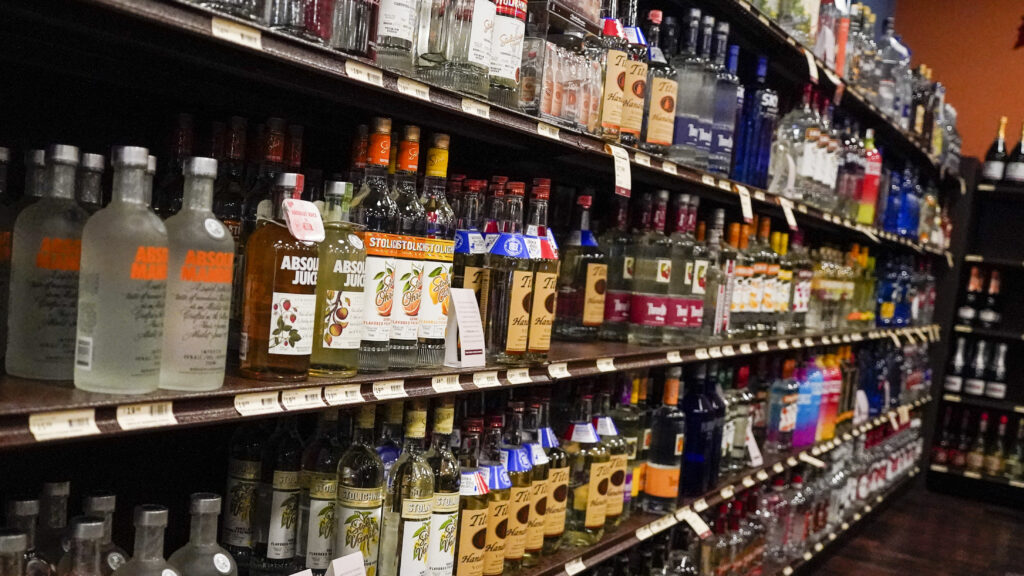Eleven years ago, two days before Christmas, my 24-year-old brother, who was a university graduate and former law student, died from a self-inflicted gunshot wound. After a decade of hard and continuous drinking interspersed with addiction and mental health treatment, he could not sustain his recovery. His suicide came on the heels of my mother’s death a year before, and just weeks later, my grandfather died in a car accident. My family’s holidays would never be the same.
Like so many others who survived the loss of someone dear from the chaos of severe substance use disorder (SUD), I am too familiar with unspeakable grief. But I have found meaning through it and purpose in passing that on.
I was a medical resident when I dropped my brother off at an addiction treatment facility for the first time. Later, I became an addiction specialist physician, focusing on treating people with SUD and helping them manage their disease and find remission and recovery. My work has taught me something important: To help stop the addiction crisis that has brought so much sorrow to families like mine, policymakers must prioritize prevention at all levels and support evidence-based prevention initiatives — including raising federal excise taxes on alcohol.



Raise the taxes to lower consumption? That’s just stupid. I’m Polish. They tried this here. Beer is around 30 percent more expensive than last year. Vodka around 25. It didn’t made me buy less. I have to buy in bulk, what makes me drink even more. Or buy cheaper, lower quality alcohol. Or save money on other things.
This is called a Pigouvian Tax, and they definitely work.
https://movendi.ngo/news/2022/06/07/alcohol-tax-increase-in-poland-leads-to-falling-alcohol-sales/
I strongly disagree with this opinion piece and find the writer’s intentions heavily biased, at best, but Pigouvian taxes as a concept are definitely effective.
Thanks! Wasn’t the Tobacco settlement fund used to promote anti-smoking programs, given to communities for anti-smoking ordinances, and enriching other public health initiatives that helped make it so effective?
There has to be a use of the tax effectively to discourage the next generations and help increase treatment otherwise the taxes alone could hit a level where some states might start to ignore regulation & the moonshine stills fire back up.